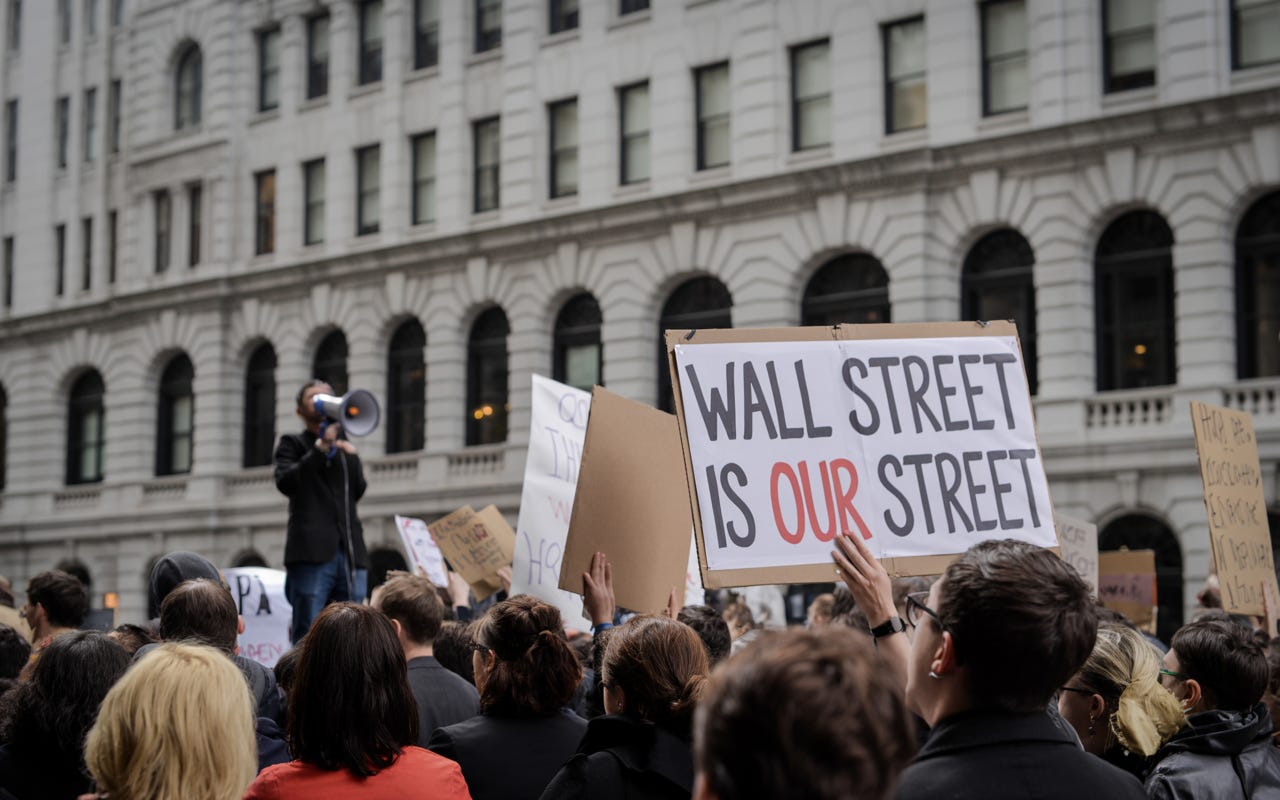America’s Wealth Gap Will Eventually Cause a Market Crash
America has a serious wealth problem
America has a serious wealth problem. The richest 1% own about 35% of all the country’s wealth, while the poorest 50% own just 2%. This isn’t just dangerous for society, it’s also dangerous for financial markets.
Warning Signs We’re Already Seeing Now
We’ve already seen the cracks forming:
The Occupy Wall Street protests in 2011 showed how angry people are
Growing divides between cities and rural areas
People losing trust in government and institutions
More support for extreme political views on both sides
How Social Unrest Could Unfold
If inequality keeps growing without being addressed, here’s how things could escalate:
Stage 1: Protests and Demonstrations
Stage 2: Rise in Localized Violence
Stage 3: Widespread Breakdown
What Could Happen to Markets
If social instability erupts from inequality:
Stock Markets could crash with certain sectors being hit hardest: Tech companies and banks (seen as symbols of inequality) could get hammered. Consumer businesses could collapse as people stop spending.
Long-term damage: Foreign investment could dry up, supply chains could break down, and innovation could stall keeping markets shaky for years.
Why Volatility Investing Matters in a World of Rising Inequality
While economists argue about inequality and pundits debate politics, our research and signals are designed to protect capital when instability finally spills into markets.


